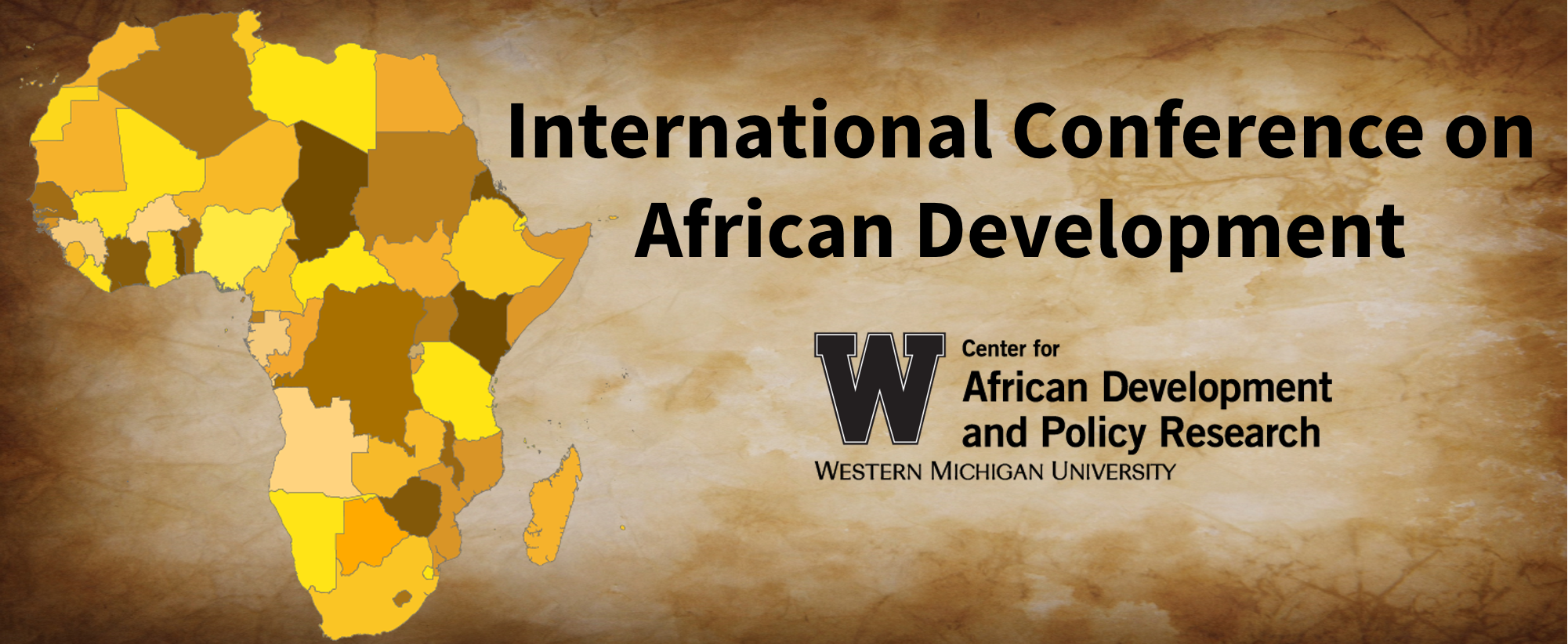Presenter's country
United States
Start Date
17-8-2018 3:30 PM
End Date
17-8-2018 4:30 PM
Location
Bernhard Center, 105-107
Submission type
Abstract
Abstract
The population in Ethiopia consists of more than 50% women. Gender equality and women empowerment have been a fashion in Ethiopia’s governance discourse and by most of the NGOs functioning in the country for decades. Even though efforts by national and international agencies and the government have brought some changes in women empowerment to the country, significant numbers of women are still suffering from gender inequality. The fact that women empowerment is one of the key priorities in the 2030 Sustainable Development Agenda; calls have come for the importance of revisiting the subject from different angles. Women empowerment is a multi-disciplinary aspect, and therefore, the need for the right strategies to tackle disparities in the field should remain multifaceted as well. Therefore, the objective of this study is to examine the extent to which the current language policy has affected the process of women empowerment in southern Ethiopia, the Sidama Zone. The study specifically attempts to identify the sources of empowerment information for women in the Sidama Zone and the role that the Sidama language has played in the process. The summary and recommendation will consider inputs for the direction of the national language policy and women empowerment in the country.
Keywords
empowerment, discourse, gender, sustainable, dogma, vernacular
Included in
5.2 Sources of Women Empowerment Information and the Role of Language Policy and Practice in the Process: The Case of the Sidama Zone, Ethiopia
Bernhard Center, 105-107
The population in Ethiopia consists of more than 50% women. Gender equality and women empowerment have been a fashion in Ethiopia’s governance discourse and by most of the NGOs functioning in the country for decades. Even though efforts by national and international agencies and the government have brought some changes in women empowerment to the country, significant numbers of women are still suffering from gender inequality. The fact that women empowerment is one of the key priorities in the 2030 Sustainable Development Agenda; calls have come for the importance of revisiting the subject from different angles. Women empowerment is a multi-disciplinary aspect, and therefore, the need for the right strategies to tackle disparities in the field should remain multifaceted as well. Therefore, the objective of this study is to examine the extent to which the current language policy has affected the process of women empowerment in southern Ethiopia, the Sidama Zone. The study specifically attempts to identify the sources of empowerment information for women in the Sidama Zone and the role that the Sidama language has played in the process. The summary and recommendation will consider inputs for the direction of the national language policy and women empowerment in the country.


